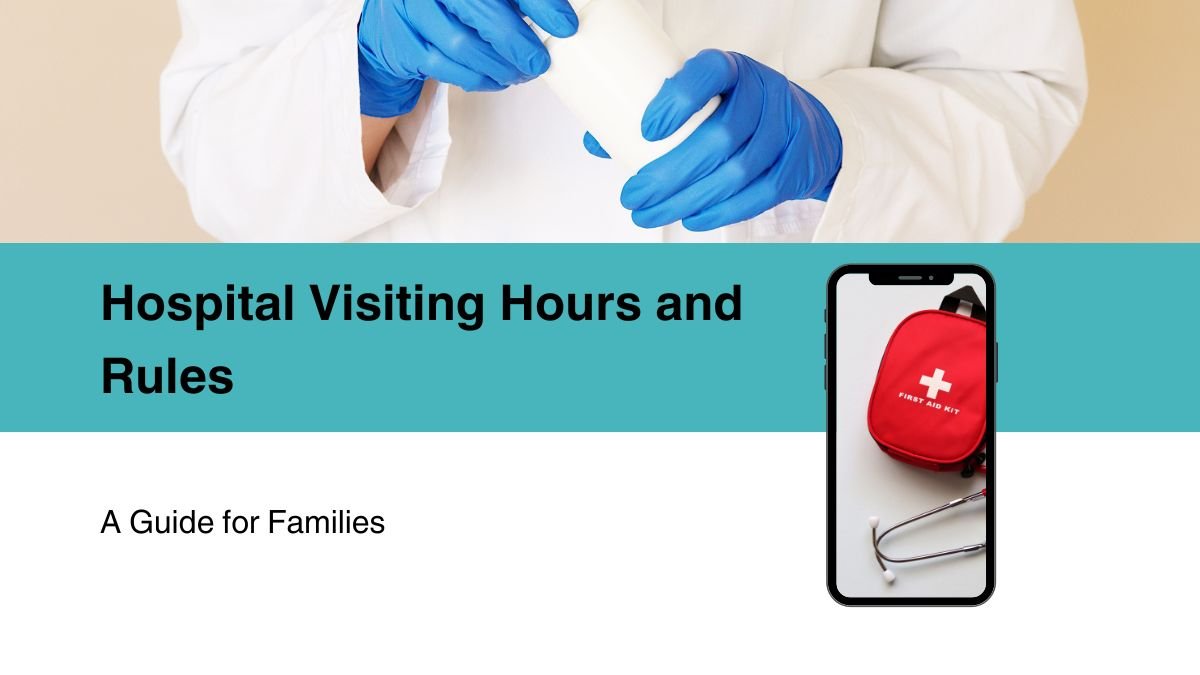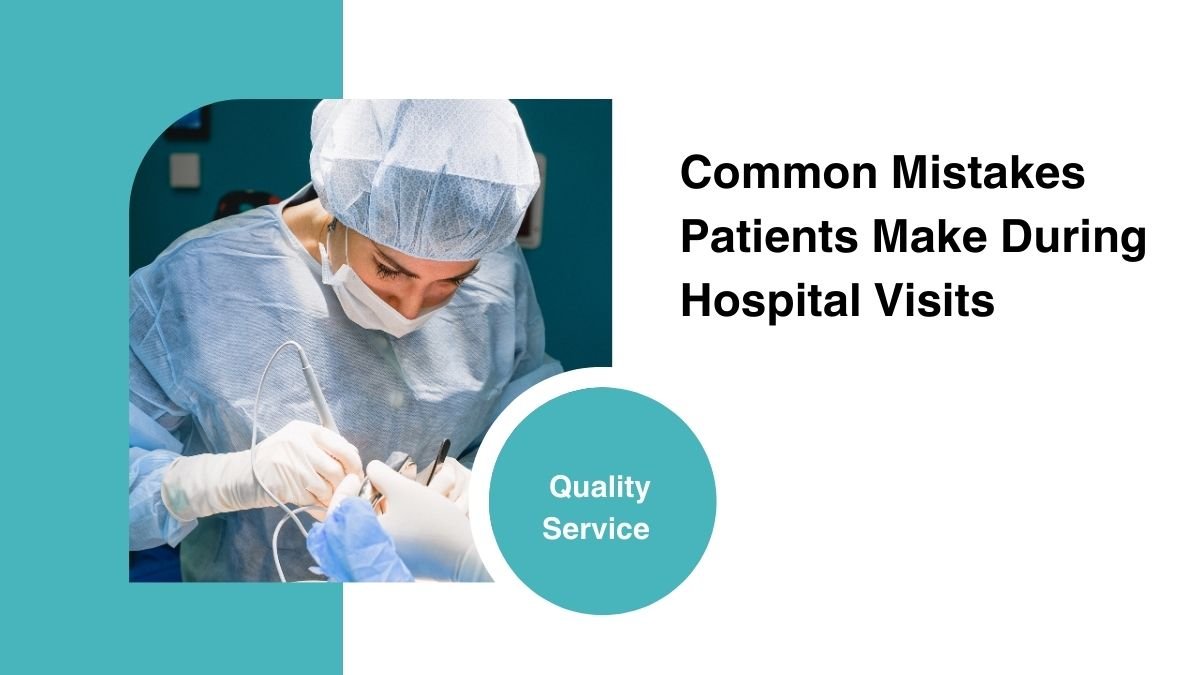Importance of TPA during hospital treatment: Understand in easy Hindi
Being sick or facing a sudden medical emergency is a very stressful experience for anyone. In such a situation, the concern of the patient and his family is not only about health, but the cost of treatment also becomes a big question. When the concern about hospital bills and expenses increases, the situation becomes even more complicated.
In such circumstances, health insurance acts as a safety shield for us. It keeps us financially safe, so that we do not have to spend a large amount of money ourselves for treatment. But the problem arises when we do not understand how to use the insurance properly in the hospital, especially when we want the facility of cashless treatment.
This is where the role of TPA i.e. Third-Party Administrator comes into play.
What is TPA?
The full name of TPA is Third-Party Administrator. It is an authorized organization that forms a bridge between your health insurance company and the hospital.
When you are hospitalised and want to use your insurance, the TPA:
- Checks your policy
- Processes the documents
- Helps get treatment approved
This gives you the advantage of not having to pay for the treatment yourself initially, provided the treatment is covered under your policy.
Difference between TPA and insurance company
Many people confuse TPA with insurance company, but they play different roles.
| Aspects | Insurance company | TPA |
|---|---|---|
| Who is it? | The original entity that gives you your health policy | The service provider appointed by the insurance company |
| What does it do? | Pays for the treatment | Processes, approves and coordinates documents |
| Who takes the decision? | The final decision on claim approval is taken by the insurance company | TPA prepares the claim and sends it to the insurance company |
In simple words, the insurance company pays the money and the TPA facilitates the entire process.
Why is TPA necessary during hospitalisation?
Suppose someone suddenly has chest pain and is rushed to the hospital. At such times, the family’s focus is only on treatment, not on filling out documents or checking the policy. This is where a TPA comes in handy.
Real-life examples:
In an emergency: The TPA verifies the policy immediately so that there is no delay in treatment.
In a planned treatment: For example, in case of a surgery, taking prior permission from the TPA can ensure cashless treatment.
With the help of a TPA:
- There is no delay in treatment
- The policy terms are easily understood
- The hassle of forms and paperwork is reduced
- There are no financial surprises during treatment
If the hospital does not have a TPA desk
Imagine your loved one is in the ICU and the family has to do things like fill out policy forms, doctor’s reports, photocopies of identity cards and send emails on their own. How difficult can that be!
This is why every good hospital should have a TPA desk where professionals handle all your insurance-related processes.
At Heritage Hospitals, our in-house TPA desk is available on all days so that your treatment is never interrupted.
How does the TPA process work at Heritage Hospitals?
We have simplified the process so that patients and their families do not have to deal with paperwork while getting treatment.
Step-by-step process:
Admission:
The patient or family member visits the TPA desk with the TPA card and ID. Our team helps fill out the pre-authorization form.
Approval:
The documents are sent to the TPA, who verifies the policy and sends it to the insurance company.
Treatment:
The treatment begins once the approval is granted. The billing team stays in touch throughout the process.
Discharge:
The final bill is sent to the TPA and after approval, the patient is discharged. If some expenses are not covered by insurance, then it is informed in advance.
TPAs and Insurance Companies Associated with Heritage Hospitals
Heritage Hospitals has a huge network. Whether you are in a government scheme, corporate policy or personal insurance – our TPA desk will help you.
Some of the major TPAs:
- Medi Assist
- MD India
- MedSave
- Health India
- Raksha TPA
Some of the major Insurance Companies:
- HDFC Ergo
- ICICI Lombard
- Aditya Birla
- Star Health
- Niva Bupa
Government Schemes:
- Ayushman Bharat (AB-PMJAY)
- CGHS, ECHS
- Railways, NTPC, IIT BHU etc.
If your company or TPA is not in the list, then also don’t worry. Our team will help with reimbursement or document preparation.
Why patients trust Heritage Hospitals?
Heritage Hospitals is at the forefront not just in treatment but also in simplifying the insurance process.
Our Benefits:
- 50+ TPAs and Insurance Partners
- Clear and honest billing
- High claim approval rate
- Personalized assistance
- Dedicated staff for every patient, helping at every step from admission to discharge
Frequently Asked Questions (FAQs)
1. Can I use my health insurance at Heritage Hospitals?
Yes, most policies in our network are covered. If not, our team will help with reimbursement.
2. What is a TPA?
TPA is an intermediary that coordinates between the hospital, insurance company and the patient to make cashless treatment possible.
3. How does TPA work in the hospital?
On admission, fill in the insurance details form. The documents are sent to the TPA. Once approved, the treatment begins and the documents are completed.
4. Do corporate employees also get cashless treatment?
Yes, our team provides specialized support for corporate clients.
5. What documents are required?
- Insurance card
- Valid photo ID
- Doctor’s advice (if any)
Conclusion
The most important thing during treatment is peace of mind and mental comfort. If you are sick, your focus should be only on treatment and quick recovery, not on the insurance claim approval process.
At Heritage Hospitals, we aim to provide you with an experience that is healing but stress-free. Our TPA services work on this philosophy – so that you can focus only on your recovery and we take care of the rest.








